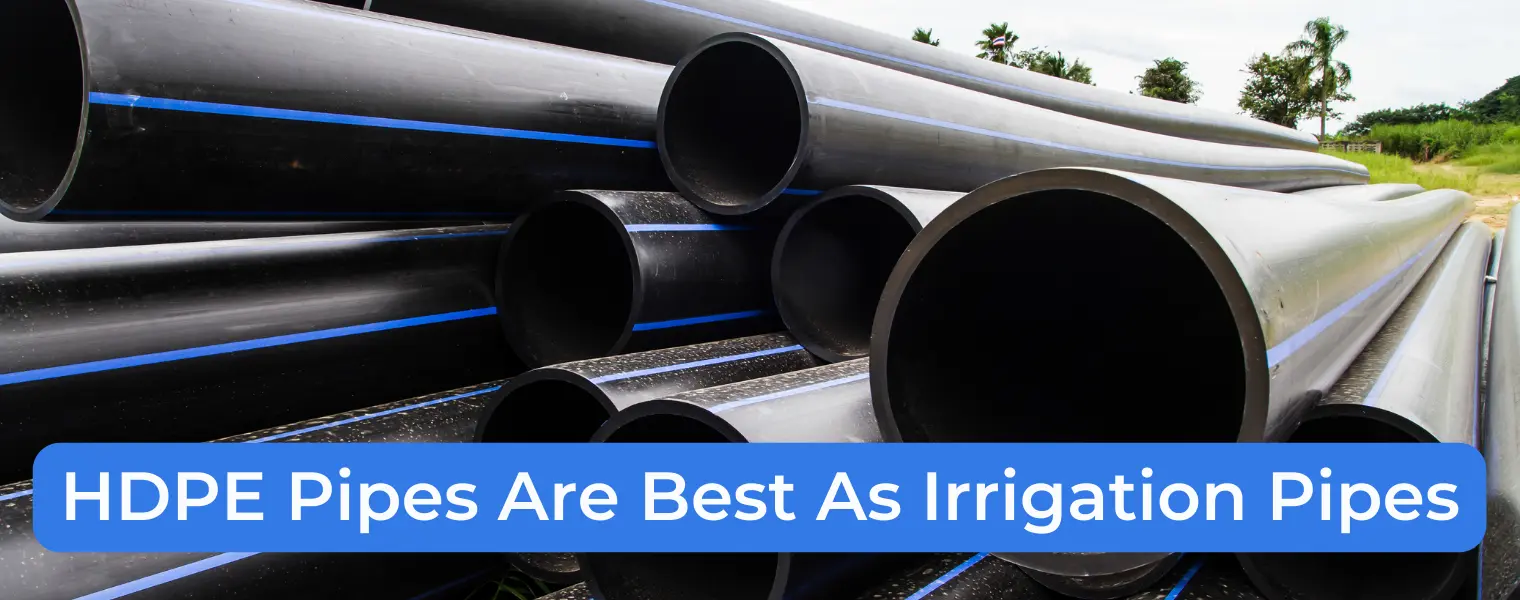
HDPE (High-Density Polyethylene) pipes are rapidly becoming the preferred choice for irrigation systems worldwide due to their numerous advantages over traditional irrigation pipes. When it comes to irrigation pipes, durability is crucial. HDPE pipes are incredibly durable, making them the perfect choice for irrigation systems that require a long service life. They are resistant to corrosion, abrasion, and chemicals, ensuring that they maintain their integrity even in harsh environments. This means that HDPE pipes are less likely to leak, which helps to conserve water and reduces the need for frequent maintenance.
Another significant advantage of HDPE pipes is their flexibility, which is crucial when it comes to irrigation pipes. HDPE pipes can bend without breaking, making them ideal for use in uneven terrain and areas prone to earthquakes. The flexibility of HDPE pipes also makes them easy to install, as they can be bent and curved to fit around obstacles without the need for additional joints or fittings.
HDPE pipes are also resistant to ultraviolet (UV) radiation, which can cause degradation in other types of irrigation pipes. This means that HDPE pipes can be used in above-ground applications without the need for additional protective coatings or insulation. This further reduces the cost of installation and maintenance for irrigation pipes.
When compared to other types of irrigation pipes, such as PVC or metal pipes, HDPE pipes are cost-effective. This is because HDPE pipes have a longer service life and require less maintenance, reducing the overall cost of the irrigation system over its lifetime. Additionally, the flexibility of HDPE pipes reduces the need for additional fittings and joints, further reducing the cost of installation for irrigation pipes.
The environmental impact of irrigation pipes is also essential. HDPE pipes are environmentally friendly, as they are recyclable and can be reused for other applications. They are also non-toxic, which means that they do not leach harmful chemicals into the soil or water supply. The use of HDPE pipes in irrigation systems can also help to conserve water, which is a precious resource in many regions worldwide.